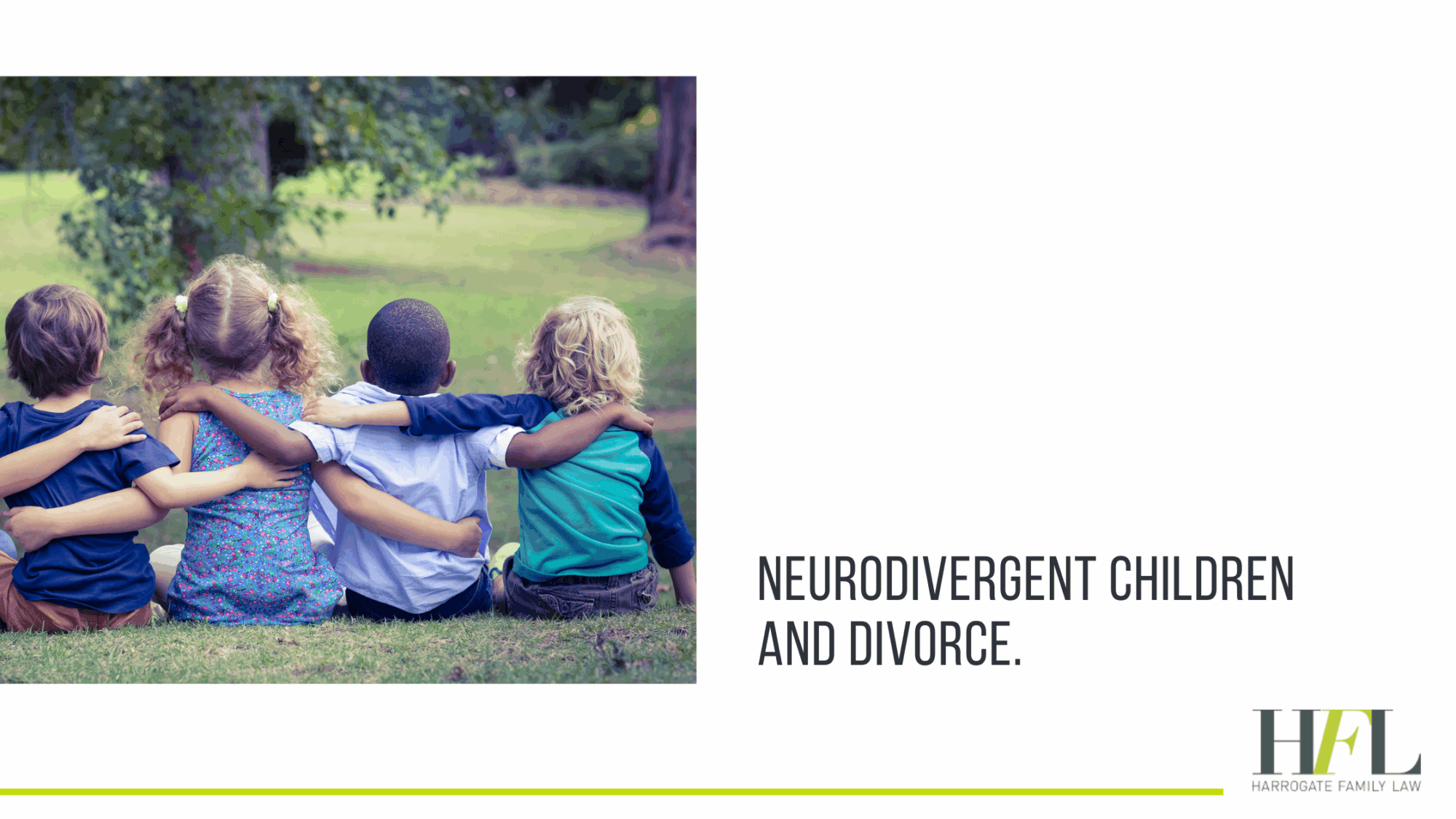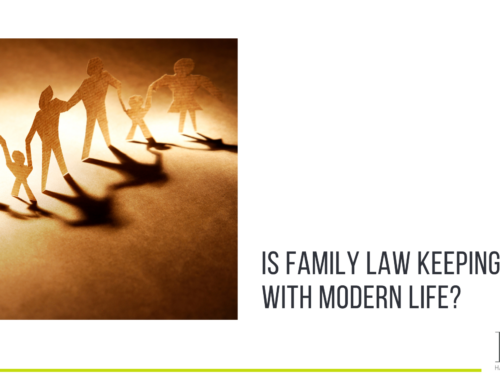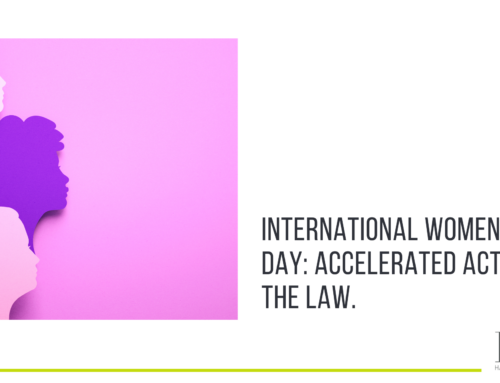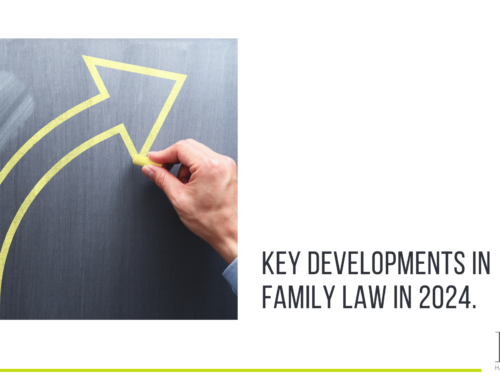The term ‘neurodivergent’ refers to a range of conditions including Autism, ADHD and other learning or developmental differences. It’s a term used for a person’s experience of processing the world around them falling outside the ‘norm’ or ‘neurotypical’.
When your child is neurodivergent, it can add another layer of complexity to divorce proceedings – one that requires sensitivity from both you as a parent, and your solicitors. So how can you ensure that their needs are met as your divorce progresses?
Create a consistent routine
Parents divorcing can create upheaval for any child. However, many neurodivergent children are particularly sensitive to changes in routine. It’s important, therefore, for any proposed arrangements to take this into account.
Consider how you can create a new routine that is minimally disruptive to reduce any potential distress for your child. For example, planning any drop offs and pick ups that don’t interfere with things like mealtimes, bathtimes or bedtimes.
Finding an agreed co-parenting approach can be helpful in this scenario. In the case of some neurodivergent children, two households having two sets of rules can be confusing and distressing and potentially lead to difficulties with managing behaviour.
Consider any sensory needs
Some neurodivergent children may become easily overstimulated in new environments and have trouble processing and regulating their emotions when exposed to newness.
You and your co-parent may need to discuss how you can gradually introduce your child to their second home. That might look like replicating familiar smells and textures – anything to create a safe sensory environment for them so they can be calm and comfortable going between homes.
Keep any animosity away from the kids
We know that not all divorces are amicable, and even when they are, there are bound to be moments of contention. Whatever your feelings towards your ex-spouse, do your level best to keep any disagreements or animosity away from your children. This is a worthwhile exercise whether your children are neurodivergent or not.
This is the time to lean on your own support network – friends, family, your solicitor – to discuss any difficulties in your proceedings.
Does your child get a say?
Neurodivergent children may struggle to express their wants and needs in certain situations. Divorce is just one of them.
While UK law states that children aren’t legally able to decide where or with whom they live until they reach 16 years of age, it’s not always as straightforward as that. Depending on the circumstances, your children’s wishes and feelings may be taken into account, and the weight these wishes hold depends on several factors, including their age and level of understanding.
If your child is neurodivergent, you may want to seek the support of any professionals they’re working with to help you open up any conversations about how they might feel. It’s also a good idea to speak with your lawyer about any support they’re receiving, considerations regarding school, and what you think might be the best way forward when it comes to the child arrangements.
There is no one-size-fits-all approach to neurodivergence, and the team here at Harrogate Family Law will always get to know you and your circumstances to provide the expert advice you need.
To speak to a member of the team, contact us now.






